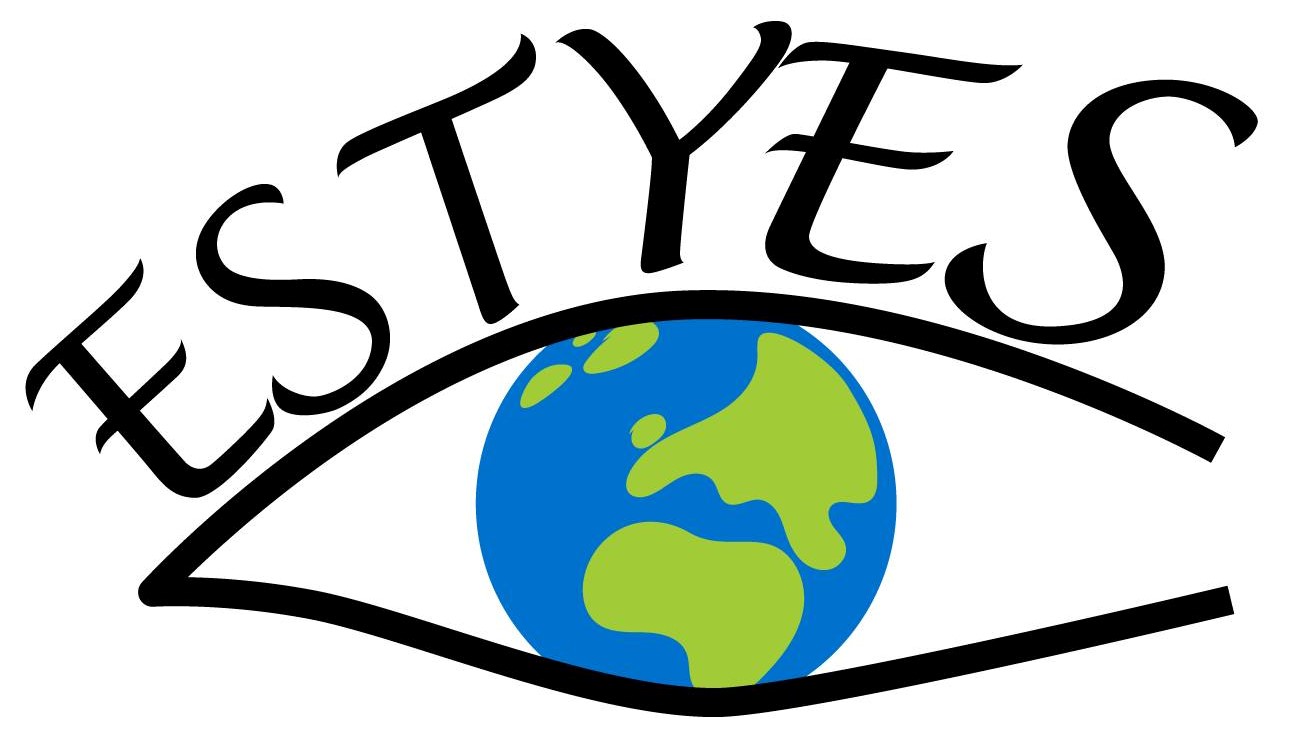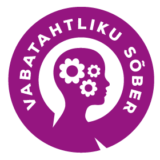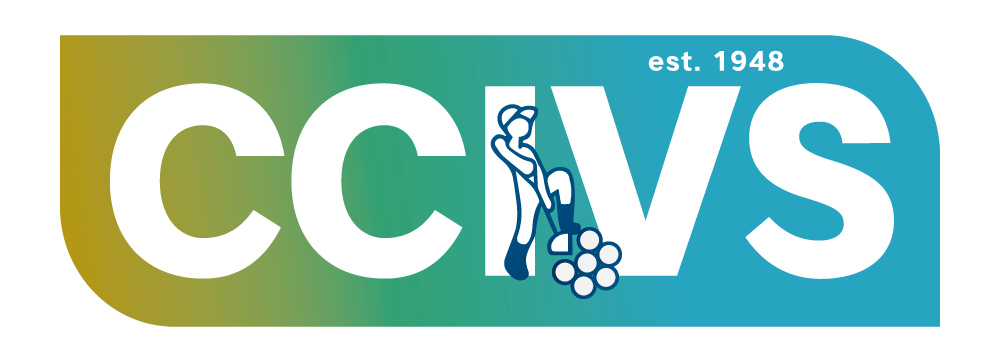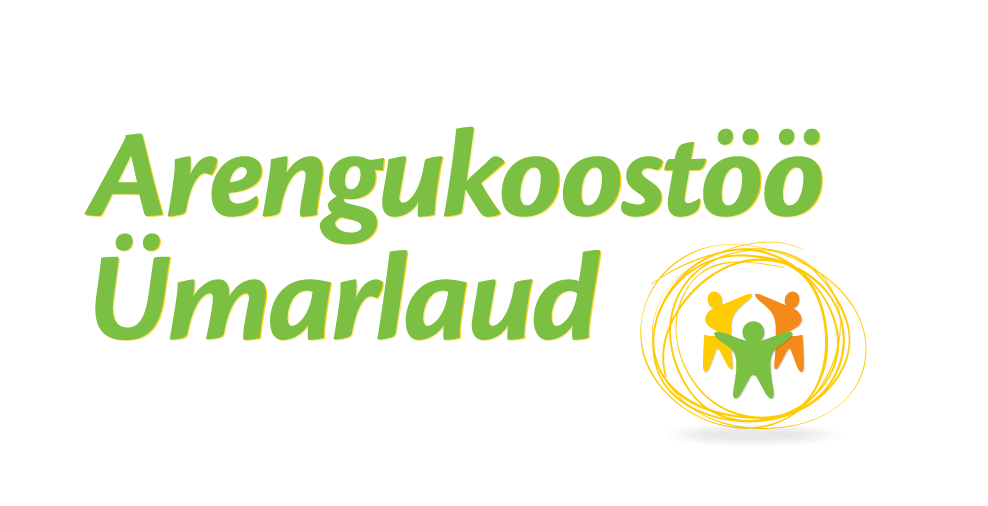Introduction
The Experimental Movement Centre is a non-profit organization that has been bringing new circus and performing arts to children, youth, and adults for over 15 years. Located near the center of Tallinn, the capital of Estonia, the training facilities serve as a hub for creativity and learning. Meanwhile, performances, events, shows, and camps have traveled across Estonia and to many other countries.
The organization’s mission is to nurture independence and creativity in young people through dance, circus, acrobatics, acting, and music. The collective of trainers and students shares a friendly and welcoming atmosphere, with most trainers having grown up within the same school. This unique background gives them a deep understanding of the school’s philosophy and methods, making it a place where lifelong learning thrives.
While the primary target group consists of children aged 2 to 16, the Centre also offers several training groups for adults. Currently, approximately 150 children and 20 adults take part in various classes and activities. The school welcomes anyone with a passion for acrobatics and circus arts.
Learn more about the organization at www.omatsirkus.ee/eng.
Proposed activities
The volunteer’s role is broadly divided into two parts:
-
Assisting as a coach in circus and acrobatics training sessions
-
Office tasks, tailored to the volunteer’s interests and preferences
A significant portion of the volunteer’s time is spent in the gym. The specific tasks vary based on the volunteer’s previous experience, skills, and interests. Some volunteers enjoy assisting the coach with small children (ages 3–7), where the role often involves being a supportive presence, a playmate, or a gentle reminder of rules. Others prefer working with older children or teenagers.
Many volunteers take the opportunity to learn the rules of acrobatic gymnastics and contribute to creating choreographies or enhancing acrobatics competition routines. Others focus on teaching tricks, creating circus numbers, or leading stretching and strength training sessions. With us, all paths are possible—the only important qualities are courage, enthusiasm, a willingness to communicate with children, and initiative.
Activities are 100% based on the volunteer’s wishes and interests. The possibilities are as limitless as your imagination. Here are some examples of initiatives taken by previous volunteers:
- Decorating competition leotards with shiny embellishments
- Creating an introductory video about our sports school
- Setting up a photo exhibition showcasing the school’s achievements
- Designing and sewing costumes for performances
- Translating content for the website
- Managing social media posts
- Learning rigging techniques
We also happily involve volunteers in organizing various circus events and acrobatics competitions, as well as taking photos and videos. There’s an opportunity to collaborate with other community organizations upon request.
However, as a team member, it’s essential to contribute equally to organizational tasks, just like the staff members do. This includes washing, repairing, or ironing costumes, cleaning the office, preparing the competition hall, and more.
Please note that our activities do not follow traditional working hours. Training sessions take place in the evenings, so the typical working day is from 12:00 to 20:00 or 13:00 to 21:00. Sunday is also a working day, but this is balanced by days off during the week. Occasionally, events take place on weekends, but there is usually plenty of free time during school breaks.
Profile of the volunteer
We value volunteers who are brave, curious, and eager to learn and contribute to the organization’s growth. While we offer a wide range of activities, it’s essential to have the confidence to make choices and the determination to follow through with tasks—with mentor support, of course.
Since much of the volunteer work takes place in the gym, an interest in sports, exercise, and working with children is important. Our goal is to equip volunteers with knowledge about training objectives, acrobatics, and circus basics, as well as effective communication skills for training sessions. By the end of the service, volunteers will be capable of independently leading basic circus and acrobatics training.
We encourage volunteers to participate in our adult acrobatics training, which is beginner-friendly and open to all ages (even 50+), to build confidence and practical experience. Trying tricks firsthand is essential before teaching them to children.
Previous experience in gymnastics, circus, or dance is helpful but not required. Our work is dynamic and ever-changing, so flexibility and openness to new experiences are vital. Volunteers should feel comfortable asking questions and expressing concerns.
Since all training sessions are conducted in Estonian, we encourage volunteers to actively participate in language learning—it’s a great opportunity to build strong Estonian skills!
Benefits of volunteering
- Skill Development: Gain hands-on experience in acrobatic gymnastics and circus, including training methodology, warm-ups, stretching, and basic elements of various circus genres (e.g., trapeze, aerial silks, juggling).
- Teaching and Coaching Skills: Learn to structure lessons, adapt to different skill levels, and motivate children of all ages.
- Time Management: Develop planning and organizational skills to manage tasks and responsibilities effectively.
- Creativity and Initiative: Participate in program creation, costume design, and creative projects, building confidence in your own ideas.
- Personal Growth: Take on new challenges, build self-confidence, and develop a proactive mindset.
- Additional Skills: Gain experience in areas like social media management, photography, video editing, or even practical skills like cycling, based on your interests.
Application
To apply, fill in the application form in the left column and send it to evs@estyes.ee
NB! We are flexible regarding the project dates which means we can change the service dates to some extent according to the needs of the volunteer.
This project has been funded with support from the European Commission European Solidarity Corps programme.
Project number: 2024-1-EE01-ESC51-VTJ-000216678
